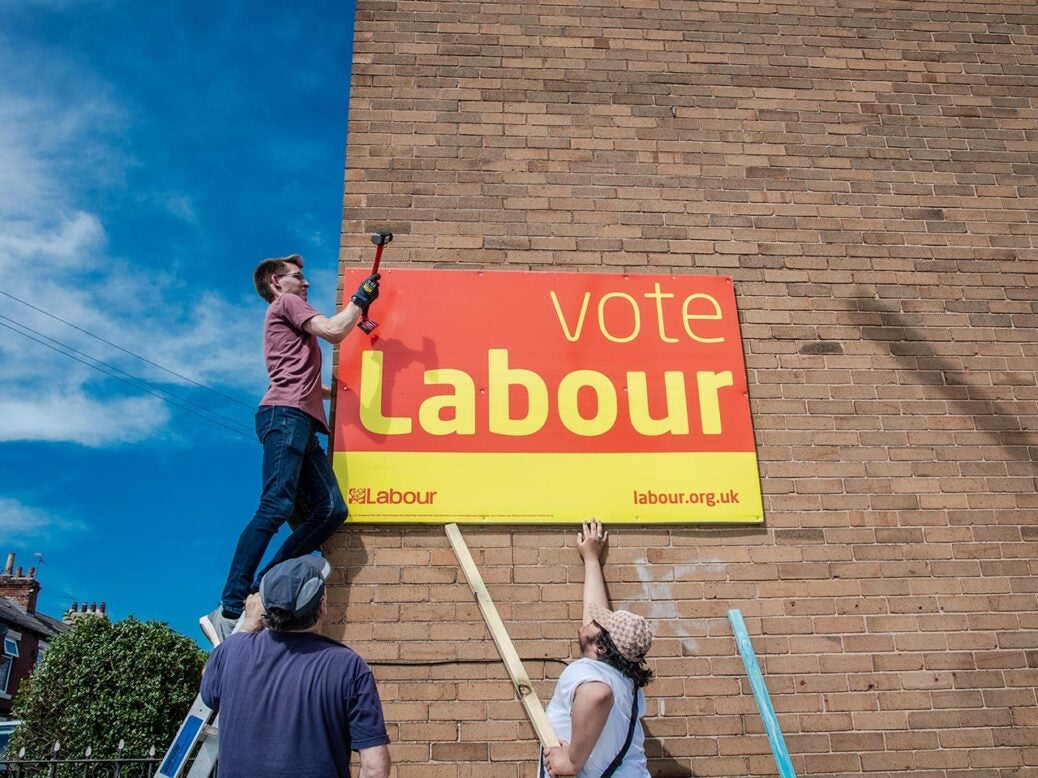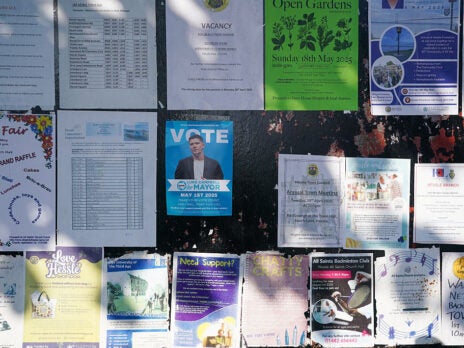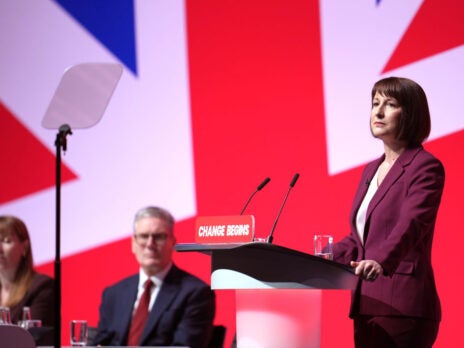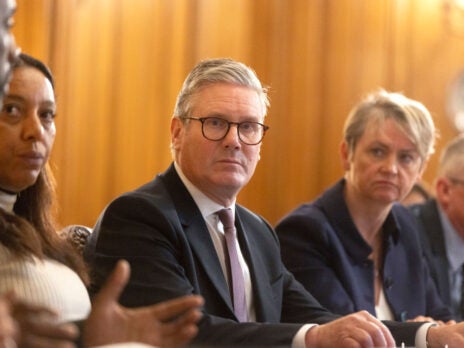
How bothered would voters be if Labour or the Conservatives won the next election? Are people enthused at the prospect of a Labour victory? And how many could be motivated against that? These are questions I’m going to keep track of in the weeks and months to come.
Governments more often lose elections than win them. The scale of tactical voting, if enough people rally behind whoever is best placed to defeat the incumbents, is key. In 1997 it was estimated that as many as three-dozen seats changed hands as a consequence of anti-Conservative tactical voting. And there is little evidence to suggest that such fluidity won’t also be used by voters to beat the Tories (or their least favoured option: in Scotland it may be the SNP) in 2024.
Exclusive polling by Redfield & Wilton Strategies for the New Statesman finds a Labour win would satisfy just 42 per cent of Britons, which is quite low given 40-something per cent will already vote for them. This suggests that a not insubstantial number of people going Labour aren’t all that keen on the party. Rather, they’re just not as repelled as they are by the Conservatives.
And speaking of the other guy, a Conservative win would excite only 30 per cent of us. While it would invite the dissatisfaction of 50 per cent.
In terms of excitement, Labour leads the Tories by 12 points. And on which prospective government would provoke the most revulsion, the Tories lead Labour by 17 points.
These are no 20-point Labour leads. But they are Labour leads nonetheless. If one assumes a narrowing of the polls is inevitable come the campaign, then one would expect the Labour lead to end up between 12 and 17 points. But just half of 2019 Tory voters are presently repelled by the prospect of Labour winning. Just half.
That is still a majority, but this could be fatal for the Conservatives. Their base needs to be rallied for an election. It needs something that unites not just half of them, but the majority. If the party can’t do this, then dramatic retellings of the 1993 Canadian election – when the split centre-right vote and spiralling turnout led to the Conservative Party’s collapse from 156 seats to just two – may prove a better indicator than my forecast model.
There are other things to consider, though. Labour’s lead nationally is 20 points. In terms of satisfaction it is 12 points, or 17 points. But what do Britons expect if Labour actually wins the next election? Would they feel better off, no different, or worse off? Just a quarter of us think a Labour government would leave us better off, compared to three in ten who believe it would leave us about the same.
A third, meanwhile, think a Labour government would leave us worse off.
Most Britons believe a fifth Tory term would continue to leave them in a rut. Just 14 per cent would expect their situation to improve.
For Labour, there can be two ways to spin these findings. Fifty-six per cent of Britons do not think a Labour government would leave them worse off. But 61 per cent think a Labour government would leave them as bad as the current Conservative government, or worse.
This illustrates, perhaps, why satisfaction at the prospect of a Labour win isn’t quite as great as in the general party preference.
Redfield and Wilton surveyed 2,000 eligible voters in Great Britain on behalf of the New Statesman on 24 March. Data weighted to the profile of adults (18+) in Great Britain. Data weighted by age, gender, education, region, and 2019 general election vote.


